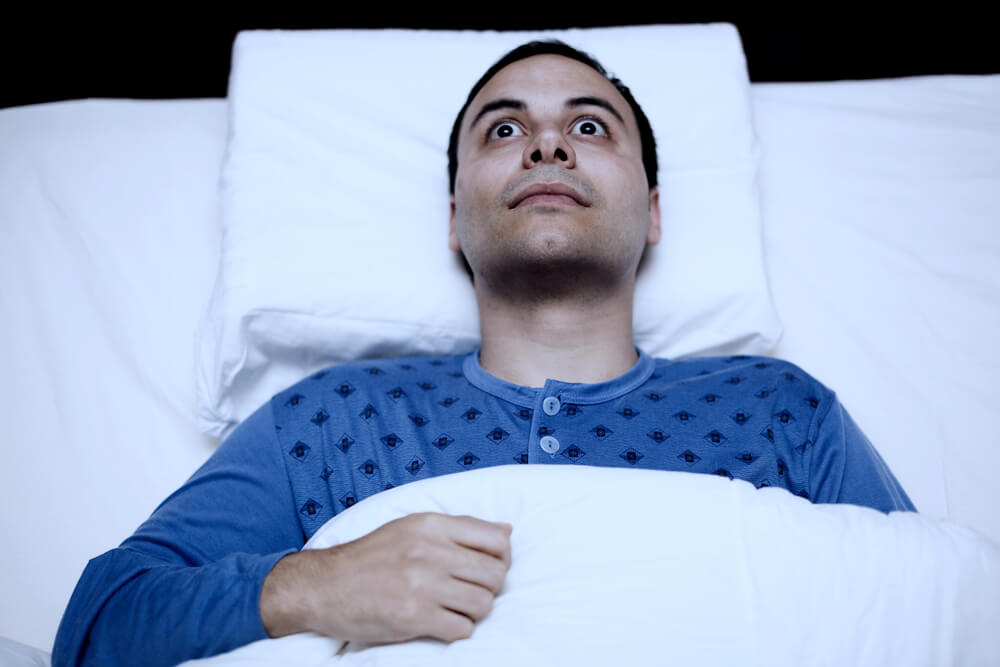You may have tried to overcome insomnia several times, but your attempts may not have been successful, in fact, short psychological treatments, compared to popular drugs, are the best solution.
Insomnia is a relevant problem that is often not treated in the best way; in addition, it is very common, since 6% of the adult population suffers from insomnia to the point of conforming to the diagnostic criteria of the Diagnostic and Statistical Manual of Mental Illness. Disorders (DSM-5).
In addition, about 12% of people report that insomnia significantly interferes with their daytime activities.
In short, insomnia is a sleep disturbance that leads to difficulties in falling asleep, falling asleep or getting up very early in the morning; this disorder is associated with significant functional deterioration and significant health damage.
This condition also generally predicts the development of many psychological and medical conditions, hence the importance of being well treated by health professionals. According to the DSM-5 criteria, a diagnosis of insomnia should be made in case of a subjective complaint of difficulties in falling asleep or maintaining sleep.
These difficulties must be associated with deficiencies during the day and, furthermore, cannot be better explained by another medical or psychiatric condition.
Therefore, to diagnose insomnia it is necessary that the sleep time or wake up after the start of sleep is greater than 30 minutes, which should happen at least three nights a week for at least six months.
Cognitive behavioral therapy (TCC) has been identified as an effective treatment for insomnia in several studies, and a recent review revealed a high efficacy of this therapy to overcome insomnia and indications that continue in long-term follow-up.
In the treatment of insomnia, several types of prescription and over-the-counter medications are used, including benzodiazepines, non-benzodiazepine hypnotics, antidepressants and over-the-counter antihistamines (e. g. diphenhydramine and doxylamine).
However, there is evidence that non-pharmacological treatments to overcome insomnia are more accepted by patients and, as if few, produce more lasting effects.
Therefore, cognitive behavioral therapy has been shown to be an effective and promising intervention to overcome insomnia.
Cognitive behavioral sleep treatment is a psychological intervention designed to help patients change certain behaviors, thoughts and opinions. These thoughts and beliefs help perpetuate sleep problems.
This therapy is characterized by an emphasis on sleep, is relatively fast compared to other types of psychotherapy and the patient has a very active role in their treatment, ultimately, their fundamental goal is to help the patient improve sleep and function during the day. .
To achieve this goal, the patient receives direct advice, however, the patient is responsible for implementing the psychologist’s recommendations at home.
Cognitive behavioral therapy focuses on behavioral and cognitive processes that underpin insomnia to reverse them. Treatment is performed in a limited-time format, requiring six to eight sessions of 50 minutes each to overcome insomnia.
The first treatment session is dedicated to the synthesis of treatment, it is also used to set goals and educate about sleep and circadian rhythms.
The following three sessions focus on treating sleep problems, attention to symptoms, safety behaviors, and daytime energy.
The fifth, sixth and seventh sessions are dedicated to topics such as relaxation, sleep hygiene, bedtime and wake-up routines, etc. Finally, the eighth session focuses on the prevention of relapses.
After an assessment of the history and severity of insomnia, a first treatment session is planned, this first session includes several critical elements of treatment, thus presenting a summary and explaining the logic of treatment, reformulating the case and informing the patient of the basic processes of sleep.
At the end of this first session, the cognitive behavioral processes that will be the objectives of treatment to overcome insomnia are selected and finally the treatment concludes with a review of the tools and attention to the prevention of relapses.

